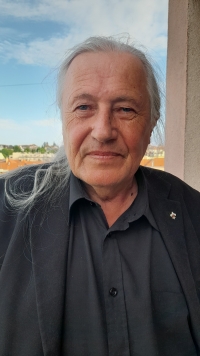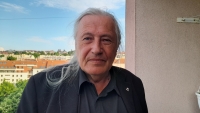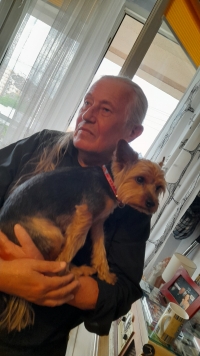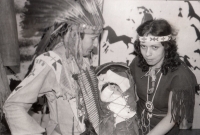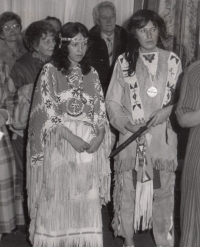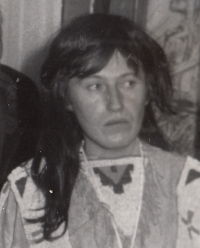Scouting under the pioneer organisation would be hypocrisy

Stáhnout obrázek
Luděk Nykles was born on 3 June 1951 in Šumperk into the family of Anežka and Rudolf Nykles. His mother worked as a clerk, his father was a teacher of vocational subjects at an engineering school. From the age of six, Luděk grew up with his parents and sister in Česká Lípa, where he completed primary school and graduated from engineering school in 1969. In the 1950s he was a member of a hiking club, which gave him the foundations for membership in Scouting, which he joined as soon as possible, during the second renewal of Junák, in the spring of 1968. He was nicknamed Viki. In 1969, his graduation was threatened because of his membership in Scouting, but the school principal stood up for him. In 1970, when the Scout was abolished, he refused to continue under the Pioneer organization and Svazarm and for some time continued to lead the troop „above the wilderness“. From 1971-1973 he completed military basic service in Bechyně as a radio operator. When the opportunity arose to go to school and work at the customs, he did not hesitate, even though the job was conditional on membership in the Communist Party. He was convinced that in this way he would be able to dismantle the regime from within. From 1980 he worked at the airport at passport control. He helped Czechoslovak RAF veteran pilots to get to the West, even though they did not have the documents that would entitle them to travel to the West. Since 1977, he has been an active supporter of the Euro-Indian movement in Czechoslovakia. They organized events, meetings and camps where they tried to make life as close to North American Indian life as possible. He has an Indian name, Badger. In 1990, he co-founded the Indian Corral, which belongs to Westerners International, a worldwide organization based in Oklahoma, USA. Luděk Nykles is married for the second time to the artist Jarmila, nee. Čechová. He rejects the regime imposed by the communists in 1948, but he recognizes communist ideas and believes that it is possible to achieve a classless, just society.
